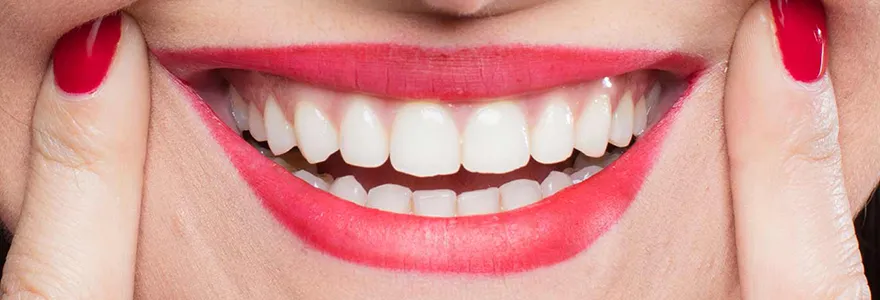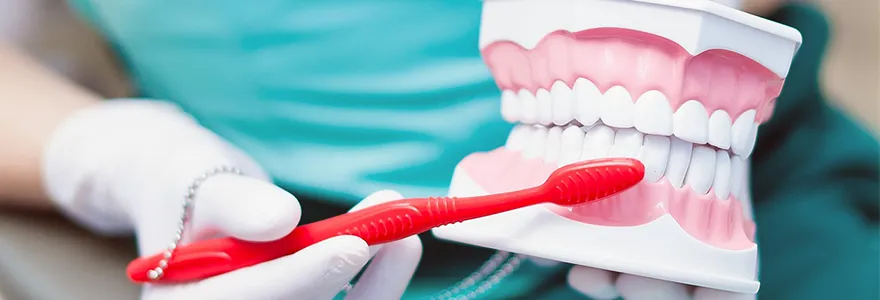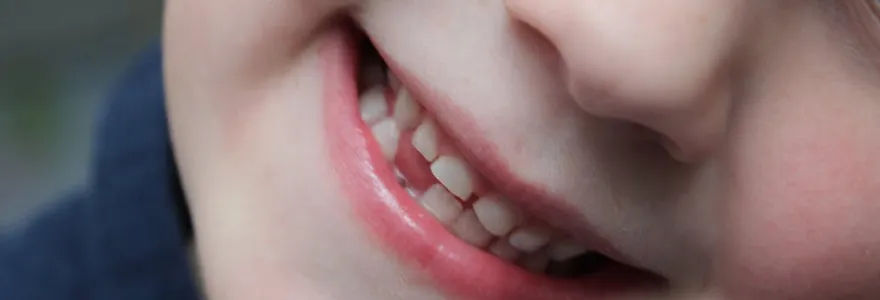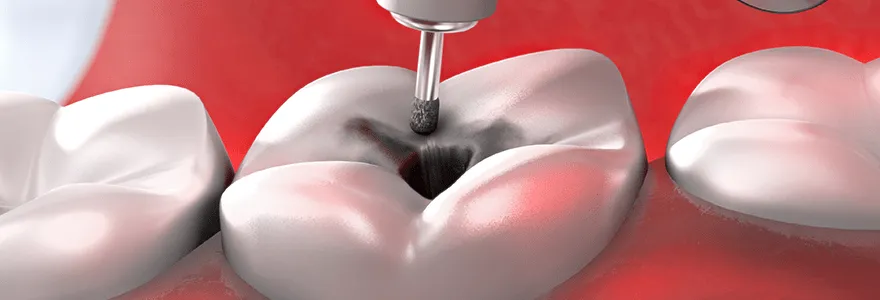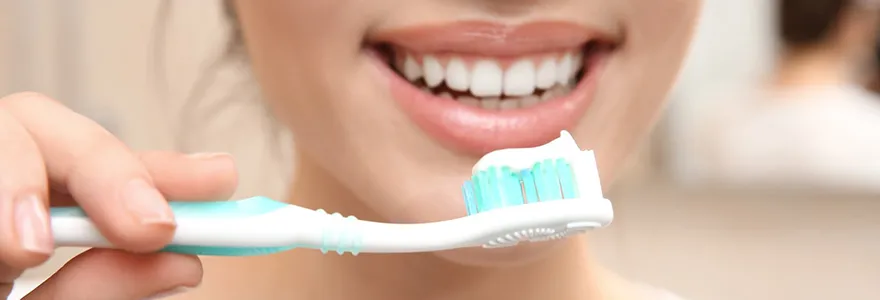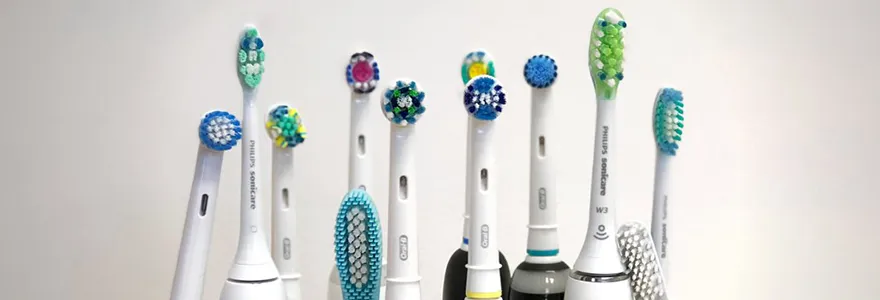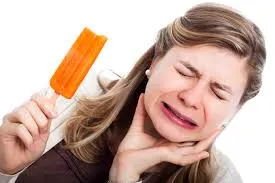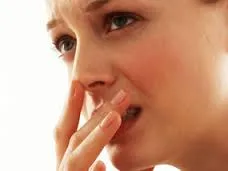Burning mouth syndrome, or BMS, is a chronic dental condition that is often described as a burning sensation felt on the tongue, cheeks, lips or entire mouth. The most common symptom associated with burning mouth syndrome is severe burning. Generally, symptoms will begin in the morning and continue throughout the entire day, before reaching an elevated level of intensity in the evening. Causes BMS is often associated with an issue related to an individual’s sensory nerves or central nervous system. It could also be caused by an underlying medical condition, such as a nutritional deficiency or endocrine disorder, such as diabetes. Additionally, adverse reactions to some oral medications, food allergies and depression can cause the burning syndrome. Psychological dysfunction Personality and mood changes (especially anxiety and depression) have been consistently demonstrated in patients with BMS and have been used to suggest that the disorder is a psychogenic problem. Treatment The dental professional will generally prescribe medications to relieve symptoms. However, for people with secondary burning mouth syndrome, the underlying condition is generally treated first. This is done in hopes of relieving any affects the BMS has on the individual. In case of psychological problem, behavioural techniques in the treatment of burning mouth syndrome may be used to bring improvement in pain-coping strategies than to a “cure” of the disorder. In addition to visiting a dental health provider for treatment, there are a few things you can do on your own to help relieve symptoms, including chewing sugarless gum, sucking on ice chips and avoiding alcohol and tobacco products. Additionally, keeping water handy to sip on throughout the day, as well as being mindful of your intake of irritating substances, such as spicy foods or products high in acid, can also help ease the discomfort associated with this condition. The other treatment options may include: Hormone replacement therapy Oral supplementation High fluid intake Local desensitization Because BMS is a chronic problem, non-pharmacologic approaches like stress management/reduction, meditation, yoga, exercise, psychotherapy, cognitive behavioural therapy, regular counselling etc. may help to reduce symptoms and keep drug dosages low. With any therapy for BMS, it may take several weeks or even months before maximum benefits are achieved. Ref: https://www.nidcr.nih.gov/oralhealth/Topics/Burning/BurningMouthSyndrome.htm

